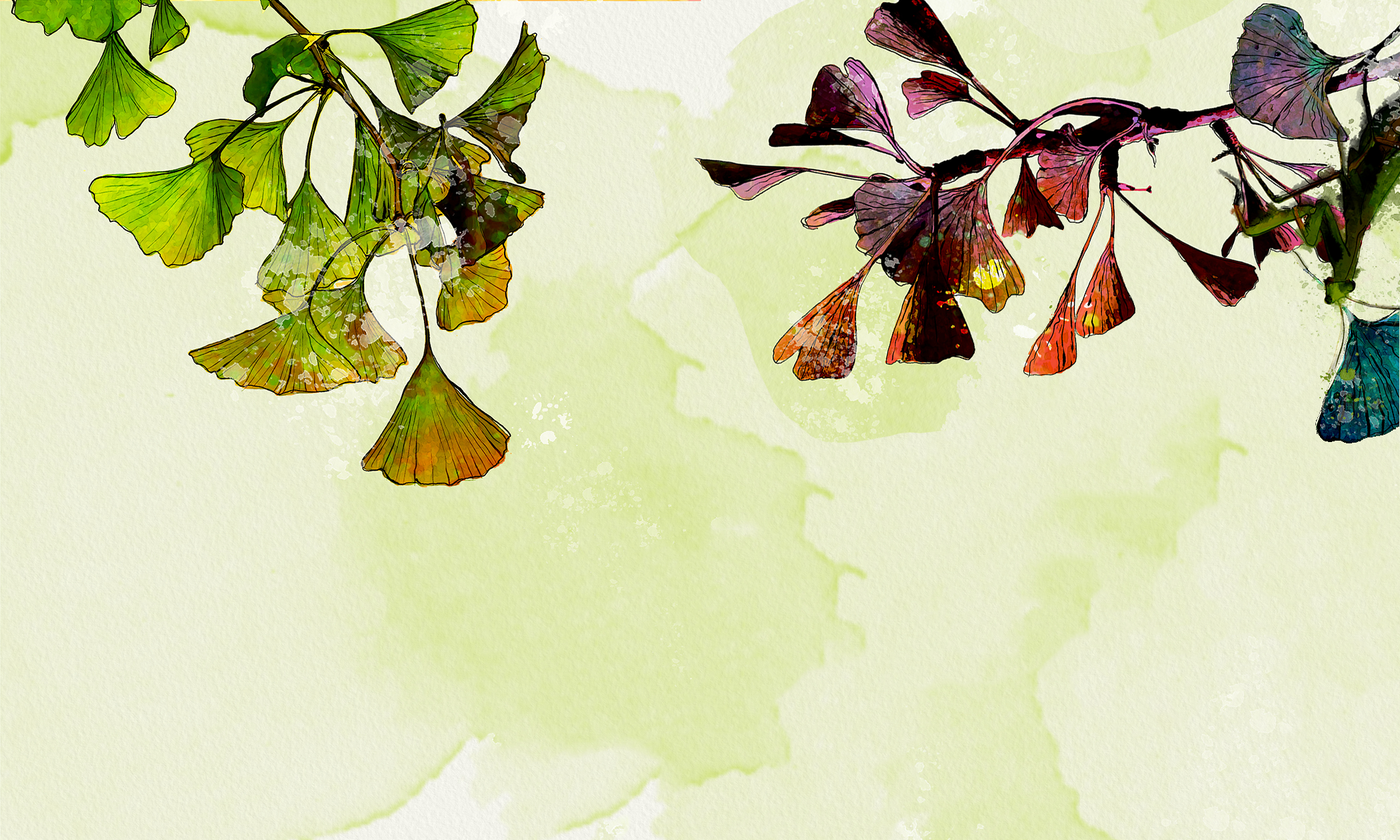
Mantis 20 (Spring 2022)
Retrospective
Editor-in-Chief, Mantis 11 – 13
Virginia Ramos
“White Fire”, “Mendocino Sands” and “Timeless water reflections upon interiors” are the three covers of the Mantis issues I managed as editor. These images by photographer Brock Hanson are indicative of some of the elements that transpired into the issues’ content. Featuring Poetry in an Adopted Language in Mantis 11 we presented the fiery power of breakthrough works by poets such as Faisal Siddiqui and Millicent Borges Accardi, and the beauty of translation and translating in Yoko Tawada’s poem “People Born of Lines,” along with essays and critical reviews of note such of Chiyuma Elliott’s review of The Collected Works of Lucille Clifton, a must-read.
In the Mantis 12 feature Poetry and the World, we aimed to capture the grounding force of land, water, forest, and human movement. It is worth revisiting this 2014 pre-Covid world that displays the crowd- sourcing of a new map of the world through Dymax Redux: a full color set of prints addressing forest densities, water’s global accessibility, and other once-in-a-lifetime creative pieces. The issue also brought the late John Felstiner’s ever-present question “Can poetry save the world?”—which, as many of us around the world discovered, it indeed can, as we sent our words, grief and hope across screens, in the thick of our private isolated rooms at the heart of the Covid pandemic, as we rebranded the meaning of zooming.
The quality of the work and criticism included in Mantis was a testament to the promising poetic landscapes that sprouted nationally and internationally. In my time with Mantis, I found that pausing upon those landscapes and visiting their elements was a privilege and a duty. I will always carry the sweet memories of roundtables with fellow editors, and the many life-changing conversations with poets, translators, and critics during my time at Mantis. One of our consulting editors and wonderful poet Lucy Alford wrote in her review of Light and Heavy Things by Zeeshan Sahil that “his return, always, to the contradictory, the conditional, and the inconclusive— produces a contingent language evocative of a terrain marked by constant instability.
Empty rooms, empty house, empty nests, and empty cages mark out absences in nearly every poem.” Perhaps as Sahil, I also evocate, in this return for this retrospective, in this 2022 new world, the need to accept visions of emptiness and uncertainty not as doom but as open fields of future.
Congratulations Mantis! Happy 20th!
Virginia’s Selections:
Tawada Yoko (translated by Jeffrey Angles) — People Born of Lines
John Felstiner — Can poetry save the world?
VIRGINIA RAMOS is a Spanish and American poet. She completed her doctoral degree in Comparative Literature from Stanford University in 2016 and was the former editor-in-chief of Mantis, A Journal of Poetry, Criticism and Translation from 2012 to 2015. Her essays and reviews have appeared in several publications and anthologies in the US and Europe. Her latest writing “Post- National Genres: A “Story” of Lyricism from North America to the Iberian Peninsula” will appear in the book Americanized Spanish Culture: Stories and Storytellers of Dislocated Empires by Routledge in June 2022. Her first full-length poetry book ARC is forthcoming in 2022 from Graydon Miller Books. Her overall research interest centers on multi-genre texts, lyrical novels, and poetry. She works in Spanish, English, French and German literature. She teaches at the University of San Francisco since 2018.
